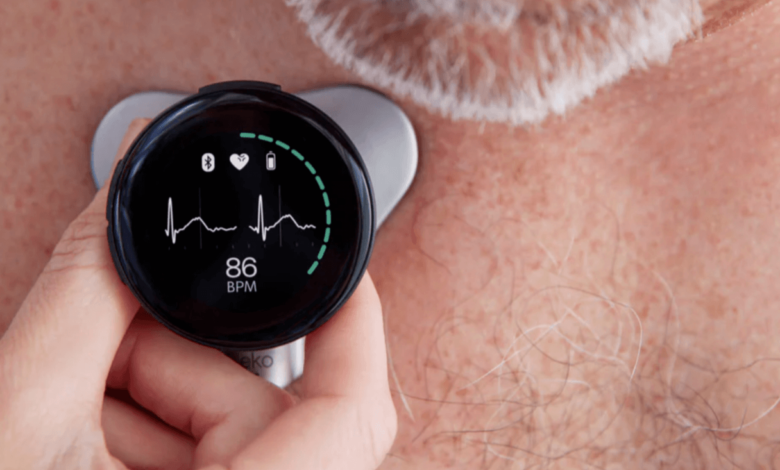Nhs Ai Mayo Clinic Eko Gpmurgia

The collaboration between the Nhs Ai Mayo Clinic Eko Gpmurgia represents a significant advancement in the integration of AI within healthcare systems. By harnessing cutting-edge technologies, these institutions aim to enhance diagnostic precision and tailor treatment strategies to individual patient needs. This partnership not only addresses current healthcare challenges but also lays the groundwork for a transformative approach to chronic disease management and access to care. As we explore the implications of these developments, questions arise about their potential impact on future patient experiences and outcomes.
The Role of AI in Healthcare
The integration of artificial intelligence (AI) into healthcare systems represents a transformative shift in how medical services are delivered and managed.
By enhancing diagnostic accuracy, AI tools can significantly reduce errors in patient assessments.
Furthermore, AI facilitates personalized medicine, tailoring treatment plans to individual patient needs, thereby promoting better health outcomes.
This evolution underscores the potential for greater autonomy in patient care and decision-making.
Collaboration Between Key Players
Successful collaboration between key players in the healthcare ecosystem is crucial for maximizing the benefits of AI integration.
Collaborative partnerships among hospitals, tech companies, and research institutions foster innovative solutions that can enhance patient outcomes and streamline operations.
View More Nielsen Youtube Us September Streetjournal
Future Implications for Patients
As advancements in AI technology continue to evolve, patients are likely to experience a transformative shift in their healthcare journey.
Enhanced personalized medicine will empower individuals with tailored treatment options, fostering greater patient engagement.
This evolution not only promotes autonomy but also encourages informed decision-making, ultimately leading to improved health outcomes and a more collaborative relationship between patients and healthcare providers.
Conclusion
The integration of artificial intelligence in healthcare signifies a seismic shift towards smarter solutions. Collaborative efforts among institutions like the Nhs Ai Mayo Clinic Eko Gpmurgia exemplify the potential for profound progress in patient care. Enhanced diagnostic precision and personalized treatment plans pave the pathway to proactive patient management. Ultimately, this technological transformation promises to build a brighter, more balanced healthcare landscape, fostering improved access and outcomes for all individuals, particularly those in underserved communities.




